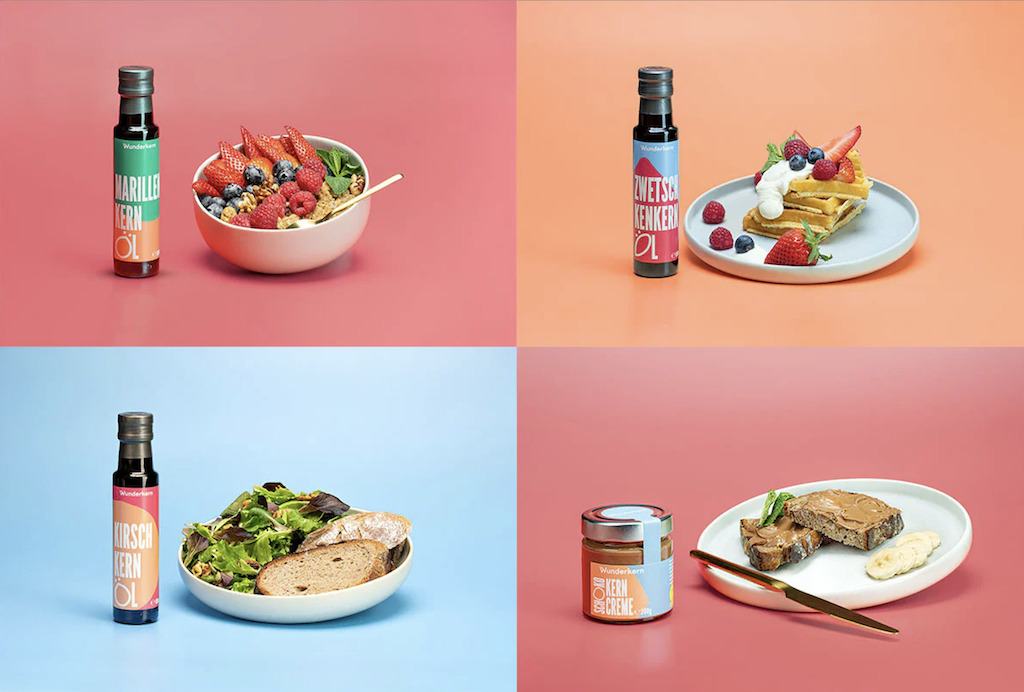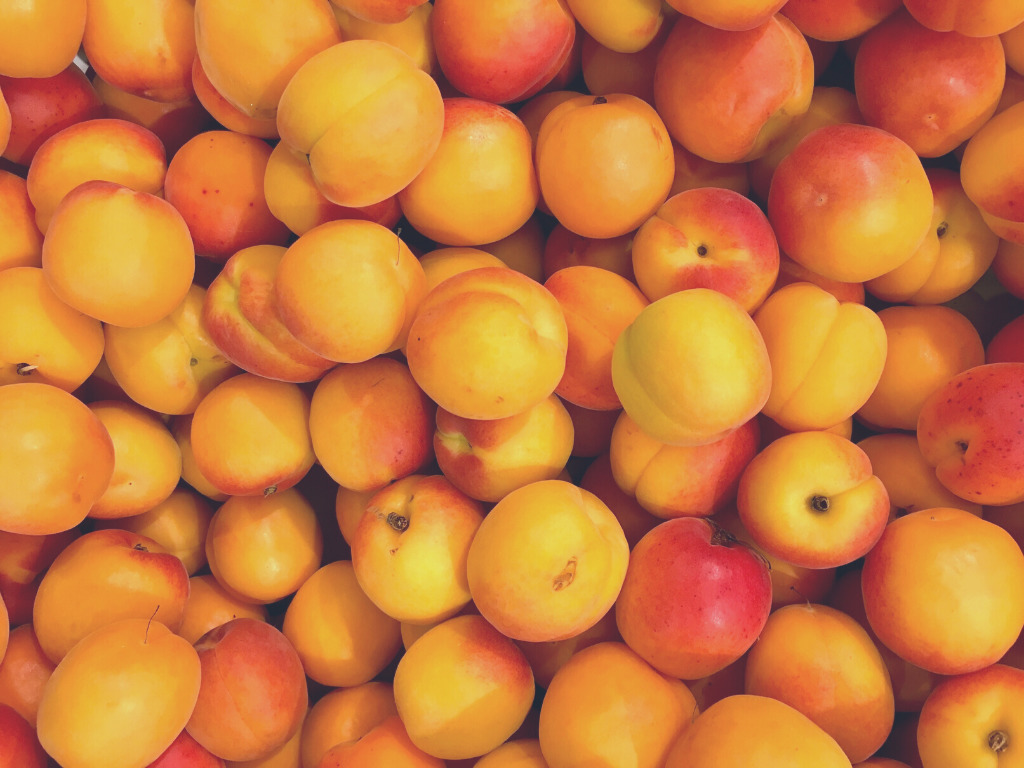3 Mins Read
No longer a guilty pleasure—vegan ice cream is now a way to combat food waste, according to Austrian food tech startup Wunderkern.
The Vienna and Lower Austria-based Wunderkern, founded in 2019 by Michael Beitl, Luca Fichtinger, Fabian Wagesreither, and Sebastian Jeschko, says it’s using stone fruit pits in the best way possible. By turning them into cold-pressed oils, Wunderkern says it has made a dairy-free ice cream that’s better for the environment, promotes a circular economy, and makes a tasty, healthy frozen dessert for people looking for alternatives to dairy.
“This way we can actually counteract climate change and set actions against global warming,” the company said in a statement.
Fruit pit food waste
Wunderkern is turning three fruit pits into cold-pressed oils: apricot, cherry, and plum. It says it developed a unique process in its factory to create the oils.
Earlier this month, the Everything Apricot festival in Krems, Austria, saw the Apricot Kernel Ice Cream make its debut. Wunderkern says the apricot kernel-based ice cream tastes similar to conventional dairy ice cream and “allows foodies to indulge in delicious and cooling ice cream while being utterly sustainable.”
The company served up its dairy-free ice cream in two popular flavors: chocolate and vanilla. But it also trialed apricot fruit pulp—a flavor it says is most important.

According to Wunderkern, the shift to its products is critical in the fight against climate change. It points to both the emissions from conventional cow-based dairy and the common substitute in the frozen dessert sector—almond—as both being resource intensive. Both are two of the top consumers of fresh water. Dairy is also a leading contributor to climate change; agriculture is responsible for 15 percent of greenhouse gas emissions, and livestock makes up about 60 percent of that.
Wunderkern says by using pits—otherwise considered food waste—it’s creating a circular economic channel and additional revenue source for fruit farmers.
Food waste has been a recurring character in the fight against climate change. In the U.S., companies including Rind, Forager, and The Ugly Co use “imperfect” fruits and vegetables or leftover food waste such as juice pulp.
The company is selling its oils and an apricot kernel-based version of Nutella on its website where it tells consumers how many fruit pits they save in each bottle of the oils or spreads.
Fruit pit safety
Apricot, plum, and cherry pits contain a chemical called amygdalin, which the body converts into cyanide—a chemical that can be fatal in small doses.
While plum pits can contain higher levels of the substance, apricot pits are more broadly used. Poorly processed apricot kernel oil can contain traces of the chemical.

Laetrile, a compound made from amygdalin, has been touted as a treatment for cancer, despite little evidence supporting its effectiveness.
Most health agencies advise against eating apricot kernels, other stone fruit pits, or their derivatives. But for people who are consuming them, it is advised to limit their intake to no more than 0.37g per adult per day—about one to two apricot kernels maximum. They are not advised for children.
Products claiming to cure cancer by containing Laetrile are banned in some parts of the world, including the U.S. The kernels are often still available, though, sold illegally, which makes regulating their safety more difficult.




